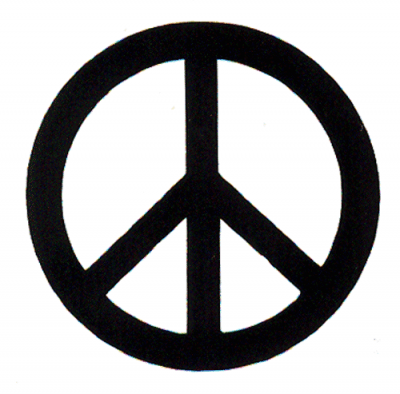
This time of year folks will say to me, and to countless thousands of other military veterans: “Thank you for your service.” I hear it in person, by email, text, through social media. It happens every November on Veterans Day, March 29, on Vietnam Veteran’s Day. and today, Memorial Day.
I have a favorite shirt, which was custom embroidered in Vietnam. It is colorfully threaded with a map of the country. There’s a stitched label for the town of Chu Lai where I was stationed. It is lettered in cursive with my division name—“Americal”—and the dates when I served: 1970 to ’71. It is adorned with a yellow dragon, Vietnamese symbol for strength and progress. I have to be mindful when I where it outside the house, because it too will provoke this old saw.

When confronted by “thank you for your service,” I usually respond politely, “thanks for your support.” Frankly, I don’t know exactly what I mean by that. But I figure it’s okay, since I suspect others don’t know exactly what their platitude means either.
Military service in Vietnam—or pick your favorite war, we’ve got plenty to choose from—means different things to a whole cast of veterans of different conflicts, eras, places, and circumstances. I was drafted for two years, then resumed my life–and was fortunate to do so. But some vets are haunted by debilitating depression and anxiety, tormented by Post Traumatic Stress Disorder. Many surviving Vietnam vets suffer chronic consequences from exposure to Agent Orange, the toxic defoliant that the US served up throughout the Vietnamese countryside like crop dusting in the corn belt. There’s an abundance of Purple Heart recipients—350,000 Vietnam veterans received this medal—who are none the worse today for their wartime troubles. But there are plenty who remain forever wounded warriors. Broken in spirit as well as body. What does “thank you for your service” mean to them? And, of course, how do you thank the dead?
When Americans hail our fallen military men and women, I sense it’s sometimes mere lip service to the “honored dead.” We’re thinking, saying, and believing all those who died in the Armed Forces did so ensuring America remains the land of the free. Except that freedom and justice does not reign for all in our country. In too many cases, those who died , did so not in defense of liberty, but in furthering the dubious goals of, self-interested politicians and industrialists, who themselves remained far removed from the horrors of war.

When I hear my fellow citizens salute soldiers, sailors, air-men and women who died for a cause, I wince because the cause was often folly, not freedom. I know this first hand. So do my brothers and sisters still standing. And so too did those sadly departed.
I honor the fallen daily, with every breath I take. It’s not something I need to think about or have a holiday weekend to remind me. There but for the grace of something go I. But the job of defending American values—for all–continues every day, right here, within our borders, in our hometowns, among our neighbors, friends and family. Bowing my head on Veterans Day or Memorial Day, doesn’t really make a difference. The way I live and vote and communicate 365 days per year does.
By all means, lets all pay homage to our military veterans—living and dead—today. But make no mistake: too many of the warriors we honor and mourn were sent to their fates unnecessarily. Too many of those wounded in service suffer daily for all the wrong reasons. Too many of the dead died for reasons that were badly reasoned.
The best thing you or I can do to acknowledge their sacrifice—and the sorrow, tragedy and pain their family and friends live with every day—is to ensure against future recklessness. We must fight for equal rights for all Americans at home with the same vigor and resources we typically employ in foreign wars. Maybe someday soon we will realize the elusive ideal of equal rights for all, which still remains beyond our grasp.
So if you want to thank me for my service, I will accept this old chestnut with as much grace as I can muster on behalf of all my brother and sister vets; on behalf of those who made it home and those that did not. And for those who today still bear the wounds of past wars, and for those who fight today and are lucky enough to survive and see tomorrow. And when I say back to you “thanks for your support,” know that, silently, I’m hoping that we each do everything possible to figure out ways to stop doing this warfare thing anymore. That would be ideal service.
So what, then, should you say to a veteran, today or any other time?
Try “Welcome Home!” Then let me know if that doesn’t make their day. I know it would for me.
